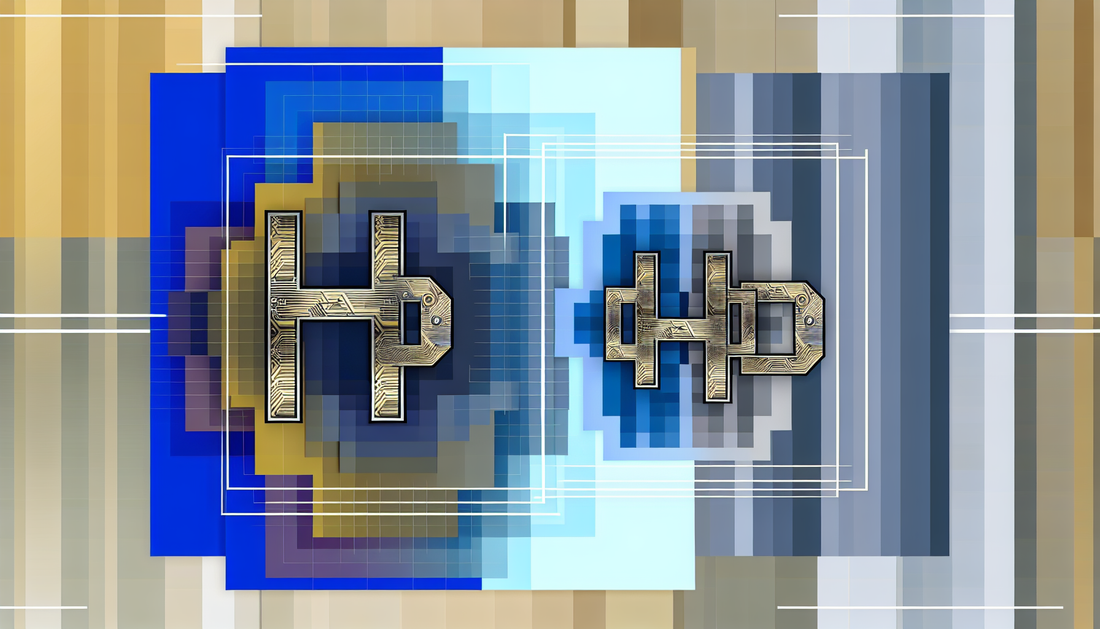
Unlocking HBTC: Bitcoin's Bridge to DeFi
Share
Exploring the Use Cases of HBTC: A Comprehensive Guide
HBTC is known for bridging Bitcoin's capabilities with enhanced utility through blockchain interoperability. Providing faster transactions and enabling users to take advantage of decentralized finance (DeFi) protocols on Ethereum, HBTC offers a diverse range of use cases within the crypto ecosystem.
DeFi and Smart Contract Integration
The foremost application of HBTC lies in its ability to integrate with the Ethereum network, facilitating smart contracts that Bitcoin natively does not support. By transforming Bitcoin into an ERC-20 token form, projects can leverage HBTC for liquidity pools, lending, and borrowing mechanisms within DeFi platforms, expanding the usability of Bitcoin.
Liquidity and Trading
HBTC plays a crucial role in enhancing liquidity across decentralized exchanges (DEXs). By providing a Bitcoin-equivalent token on Ethereum, users can engage in trading activities without having to exit the blockchain. This capability allows for seamless transactions and asset transfers, crucial for active traders seeking efficient market operations.
Cross-Chain Interoperability
One of the unique features of HBTC is its ability to facilitate cross-chain transactions. By tokenizing Bitcoin on the Ethereum network, it allows for interactions between two otherwise separate blockchains. This interoperability fosters a more interconnected network, enhancing the usability of blockchain technology as a whole.
Improving Bitcoin's Scalability
Bitcoin often faces challenges with scalability and transaction speed. HBTC addresses this by acting as a bridge to Ethereum's more versatile platform, thus offering improved scalability solutions. By utilizing Ethereum's faster block times and lower fees, HBTC effectively enhances the speed and efficiency of Bitcoin transactions without altering the original Bitcoin network.
Potential In Future Blockchain Ecosystem
HBTC’s cross-chain capabilities make it a valuable asset in theoretical and future blockchain developments. As cross-chain technology continues to evolve, HBTC could play an integral part in facilitating interactions between different blockchain ecosystems, enabling innovations such as tokenized real-world assets and decentralized identity management systems.
For more insights on blockchain applications, you might explore topics like decentralized digital identity systems or privacy-preserving decentralized finance.
